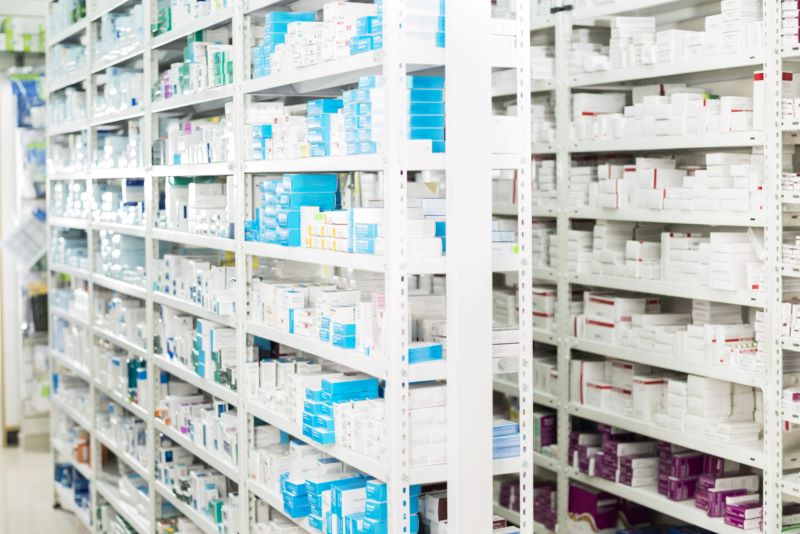Recommended

Event
Low- and lower-middle-income countries (LMICs) and international development organizations have implemented a wide range of interventions to improve the functioning of government-run supply chains for health products over the last few decades. These efforts have helped to improve the availability of drugs for HIV/AIDS, malaria, tuberculosis, and sexual and reproductive health, and of other donor-funded medicines. However, interventions designed to improve publicly run national supply chains have struggled to achieve sustained performance improvements in the supply chain for essential medicines purchased and financed by domestic budgets.
In many LMICs, when essential medicines are out of stock in the public sector supply channel, health facilities purchase them directly from private wholesalers and retail pharmacies. This serves as a vital recourse mechanism for health facilities to maintain availability of essential medicines when the public sector supply chain fails to deliver. Proponents of this structure argue that local purchasing uses local information, shorter feedback loops, and more direct accountability.
However, decentralized purchasing comes with multiple risks. It may lead to health facilities paying exorbitant prices to private suppliers, purchasing medicines of poor quality, and purchasing medicines which are not on the essential medicines list or national standard treatment guidelines. Some argue that in addition to the detrimental effect of fragmented purchasing on prices, allowing direct purchasing by health facilities leads to a perverse incentive system under which health facility managers continuously want to engage in “maverick buying.” Over time, such perverse incentives undermine the viability of the publicly run supply system as the volume of purchasing shifts to smaller, frequent purchases from private suppliers.
The continued debate on this issue impedes stronger convergence amongst donors on which interventions to prioritize for the essential medicines supply chain. It also hinders convergence among different government agencies at the national and subnational levels. Part of the reason for the ongoing debate and divergent viewpoints on this issue is the lack of systematic evidence on how greater purchasing autonomy to health facilities impacts the availability, price, and quality of essential medicines. In a new working paper, we attempt to synthesize available evidence on this.
There are very few rigorous evaluations of direct purchasing by health facilities, and results from the available studies are mixed. Acknowledging that decentralized purchasing is a complex process dependent on many system-level factors, we geared our review to understand how and under what circumstances more decentralized purchasing would increase medicine availability without impairing medicine quality and prices. Our findings suggest that such an outcome is achievable when health facilities order directly from suppliers, but price contracting and supplier selection are carried out at a regional or central level. Critically, however, many prerequisites must be met for such a system to achieve its desired performance on price, availability, and quality. These include necessary capacity at the national/regional and health facility levels to support demand forecasting, financing and data sharing, and a healthy distributor network that operates under government stewardship.
Healthcare supply chains everywhere in the world are complex and multifaceted. As a result, straightforward single interventions to improve supply chains rarely work in the long run. However, available evidence (albeit limited) suggests that creating an enabling environment in which health facilities can place orders of essential medicines to preselected suppliers who have been vetted for quality and with whom price terms have been negotiated, can provide health facilities a much-needed recourse to secure essential medicines when the public sector supply system is not working. But policymakers and implementers need to pay careful attention to the contextual factors which can undermine the potential benefits of decentralized purchasing.
Uninterrupted availability of essential medicines at convenient points of access is a cornerstone of universal health coverage.
Uninterrupted availability of essential medicines at convenient points of access is a cornerstone of universal health coverage. Alternative ways of organizing the supply system which balance the economies of scale in supplier selection, quality assurance, and price negotiation, with the agility and responsiveness of direct ordering, need to be explored more systematically.
Disclaimer
CGD blog posts reflect the views of the authors, drawing on prior research and experience in their areas of expertise. CGD is a nonpartisan, independent organization and does not take institutional positions.





